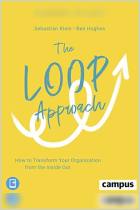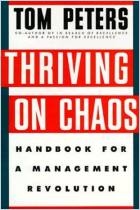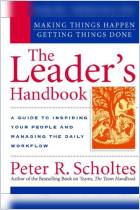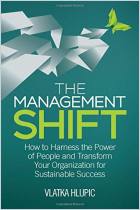Amid constant change, today’s linear approach to strategic planning may no longer be the best strategy. Instead, says author Ed Muzio, use an iterative approach by adjusting your future plans on a step-by-step, look-listen-and-learn basis. Drawing on seven decades of management research, Muzio packs this practical manual with solid information on how companies should learn from experience, test and iterate. His techniques will help managers increase team productivity and organizational effectiveness.
When you iterate, you progress logically, one step at a time, based on the best available data.
Change occurs too rapidly today for linear management. Organizations need an iterative approach that moves ahead step by step based on feedback and the best current data.
An iterative system efficiently processes the latest information and makes decisions accordingly. These decisions enable an organization to know that each sequential step is reasonable and derives from experience. The second step of an iterative process stems from the first step, as the third step evolves from the second, and so on. This process has nothing to do with forecasting.
Agile organizations use iteration to move reliable information forward as the basis for making decision. This leads to flexible planning with defined outcomes. In iterative organizations, everything revolves around the question: “What’s the next most logical step to be taken?” The organization takes this step, learns from it and repeats the process. In an iterative system, each move provides useful information, moment by moment, for...
Ed Muzio, CEO of Group Harmonics and author of the award-winners Make Work Great and Four Secrets to Liking Your Work, is a leader in applying application of analytical models to group and organizational effectiveness.
























Comment on this summary or Iniciar a Discussão